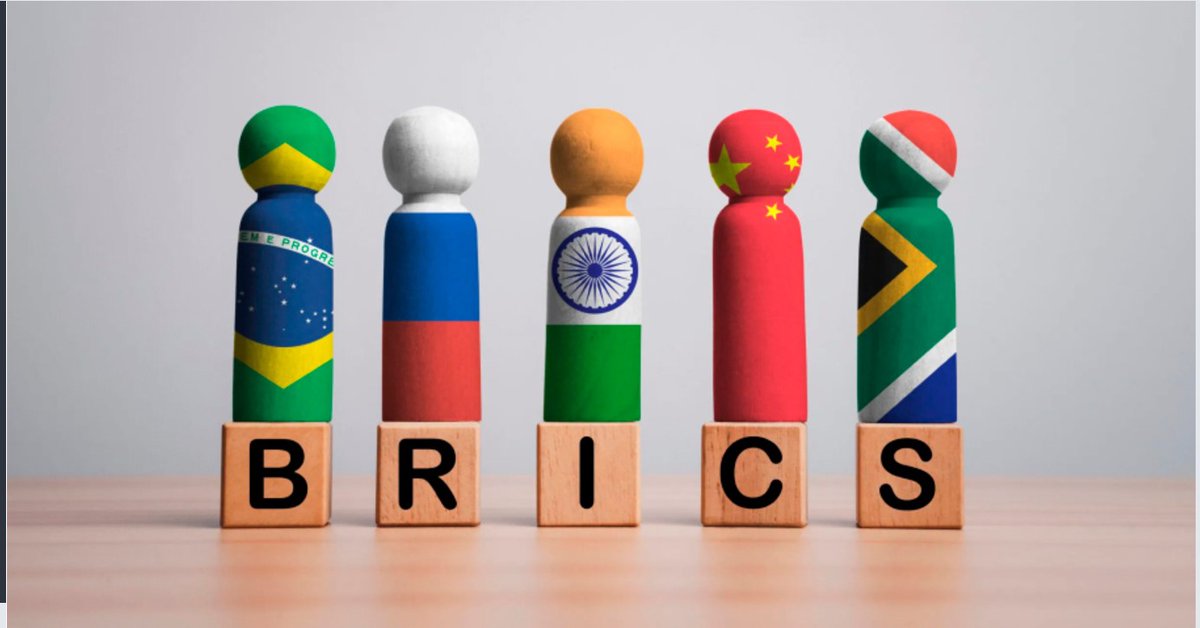The 16th BRICS Summit, held in Kazan, Russia, reaffirmed the bloc’s commitment to fostering multipolarity, development, and inclusivity in global governance.
Brazil, Russia, India, China, and South Africa (BRICS) were joined by several partner countries, including new and aspiring members, expanding the grouping into BRICS+.
The summit’s primary focus was the reform of global financial and governance systems. BRICS reiterated its vision of a multipolar international order that upholds the autonomy of nations and resists unipolar hegemony. While not opposing existing multilateral institutions like the United Nations (UN), the bloc emphasized their reform and democratisation. The Kazan Declaration avoided direct criticism of Western entities such as the United States, NATO, or the European Union, focusing instead on complementing these frameworks with its unique initiatives.
Financial Innovations and Cooperation
A highlight of the summit was the push toward a new financial architecture distinct from Bretton Woods institutions like the International Monetary Fund (IMF) and World Bank. The New Development Bank (NDB), a cornerstone of BRICS’ financial initiatives, has funded 96 projects worth $32.8 billion since its inception. Plans to expand local currency lending and create a BRICS-wide financial messaging system, called BRICS Clear, were also announced to enhance autonomy in cross-border transactions.
Trade in national currencies, a long-term goal of BRICS, received a major boost. Recent entrants Saudi Arabia and the UAE pledged to reduce reliance on the “petrodollar.” Russia and China have already achieved 90% of their trade in yuan, while India and Russia trade significantly in rupees and rubles.
Also Read:BRICS Countries Now Control Over 20% of World’s Gold Reserves
Addressing Global Crises
The Kazan Declaration underscored BRICS’ diplomatic stance on conflicts and crises, including calls for an immediate ceasefire and de-escalation in the Middle East. The bloc also condemned attacks in Gaza, Lebanon, and Syria, while demanding respect for international humanitarian law. Additionally, the summit advocated for Palestine’s full UN membership and critiqued the politicisation of human rights.
In Africa, BRICS addressed Sudan’s conflict and supported regional efforts for peace in Afghanistan. It also criticized unilateral sanctions that disproportionately harm developing nations, emphasizing their illegitimacy without UN approval.
Expanding Global Influence
BRICS’ outreach to the global South gained momentum, with over 30 nations participating. New partnerships with countries across Asia, Africa, and Latin America showcased the bloc’s expanding influence and solidarity with the least-developed nations.
A New Vision
The Kazan Summit reaffirmed BRICS’ dedication to a cooperative, inclusive, and multipolar world order. By building financial and technological frameworks tailored to the needs of the global South, BRICS offers an alternative narrative to traditional Western-led institutions. The summit’s initiatives aim to empower nations to achieve strategic autonomy and equitable development in an increasingly interconnected world.




I like the helpful info you provide in your articles. I will bookmark your blog and check again here regularly. I am quite certain I will learn many new stuff right here! Good luck for the next!